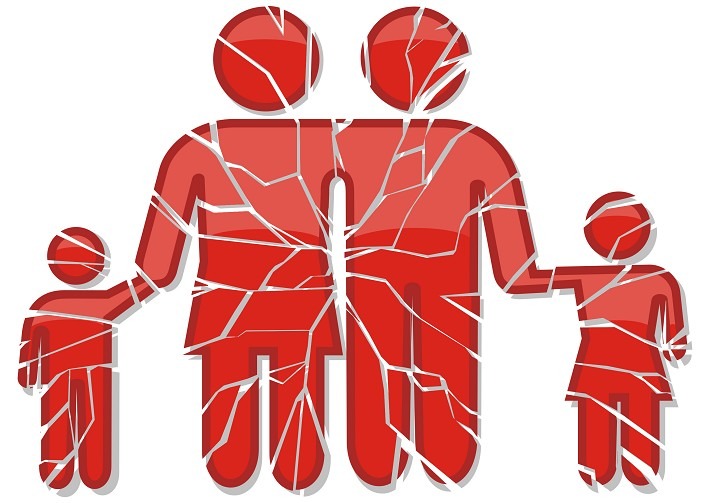Jack Metzgar argued recently that working-class grit has value for all of us. Perhaps the most talked about notion of grit is Angela Lee Duckworth’s. She defines grit as maintaining “effort and interest over years despite failure, adversity, and plateaus in progress.”
Duckworth created a “grit scale” focusing on the individual’s ability to commit to and keep working at difficult tasks. She doesn’t tie grit to social class. Quite the contrary. She argues that grit cuts across different profiles. She reveals her middle-class perspective when she assumes that individual success and achievement are everyone’s highest priorities.
| The traditional markers of adulthood—steady employment, marriage, buying a house, having children—have become increasingly difficult to achieve in the post-industrial economy, with tragic effect on people’s values. |
Duckworth’s grit is different from Metzgar’s.
He defines grit as the willingness to show up every day and work hard, because it’s the right thing to do, not as a means of advancing one’s own position. That working-class version of grit has roots in the collective nature of industrial labor and the experience of living on the edge. In industrial workplaces, getting a job done safely often requires collaboration, and being part of a large workforce or an active union invites workers to see themselves not as isolated individuals but as part of a group—or a class. Once upon a time, most workers lived near their jobs, with neighbors who worked in the same factories. When families and communities face economic struggle, because of low wages, lay-offs, or occasional strikes, people have to rely upon each other to get by. Solidarity was part of community life, not just the workplace.
Not anymore.
As Nikki Lewis recently explained, the structure of work today makes solidarity elusive. Most jobs are in small-scale workplaces, with staggered schedules and little collaboration. Unlike industrial workers, service industry workers often view their jobs as temporary, expecting to move on to something better—a perhaps unrealistic hope that keeps people from investing in a work-based identity. Workers have little opportunity to talk, in part because when they leave work, they are often heading in different directions, not going home to the same block.
But surely working-class family values remain, right?
According to Jennifer Silva, that is also changing. For her book, Coming Up Short: Working-Class Adulthood in an Age of Uncertainty, the sociologist interviewed young adults from working-class backgrounds about their movement from youth into adulthood, and her findings are distressing.
The traditional markers of adulthood—steady employment, marriage, buying a house, having children—have become increasingly difficult to achieve in the post-industrial economy. That combined with the cultural power of public discourses of self-help and individualism led Silva’s interviewees to define themselves based on their ability to overcome personal hardships.
They told stories of recovering from abusive or dysfunctional family relationships, of their own or their family members’ recovery from addiction, of surviving homelessness, and of struggling through school while working multiple jobs and raising kids. For them, adulthood means not just working hard to get by financially but also managing emotional challenges.
Even more troubling, Silva’s research identified two related themes in the way these young people talk about their relationships and their political views.
Individually, she argues, they have learned that they can’t count on anyone else. Family, friends, co-workers, teachers, and the government have all let them down. They have come to believe that the only way to survive is to be emotionally self-sufficient and distant. Most also hold conservative political views, believing that if they have gotten by without help, so should everyone else. Many of Silva’s white interviewees expressed resentment toward immigrants and people of color, who, they believe, have received undeserved support and sympathy.
Despite experiencing economic and social struggle, the young working-class people Silva studied embrace a neoliberal vision of self-reliance and suspicion of institutions of all kinds.
That’s a form of grit, but it isn’t about success or commitment to others. It’s about the individual self. Silva’s sources would probably embrace Duckworth’s vision of middle-class grit, even though their own grit has brought them few tangible benefits. They might well reject the idea of working-class grit and view anyone who worked hard for the sake of others, or who valued family and community over the survival of the individual, as a fool.
Though her book is depressing and frightening, Silva ends with a story of hope.
She introduces us to Wally, who seems to be the only person in her book who has responded to his economic and personal struggles by becoming a “revolutionary.” While his peers blame themselves for “lacking the tools they need to navigate their futures,” Wally believes in “equal opportunity, social solidarity, and risk-pooling.” Instead of turning inward, he is “rallying his coworkers to form a union at the grocery store, protesting neighborhood gentrification, organizing sit-ins and protests on May Day, and fighting for universal health care.”
Unfortunately, Silva offers no explanation for Wally’s activism. What makes him respond by trying to fix the system rather than fixing himself? No doubt part of the answer is old-fashioned, do-the-right-thing, work-hard-for-the-good- of-others, working-class grit.
Sherry Linkon is a professor of English at Georgetown University. She co-edits the blog Working-Class Perspectives: Commentary on Working-Class Culture, Education, and Politics, where this article originally appeared.



0 Comments